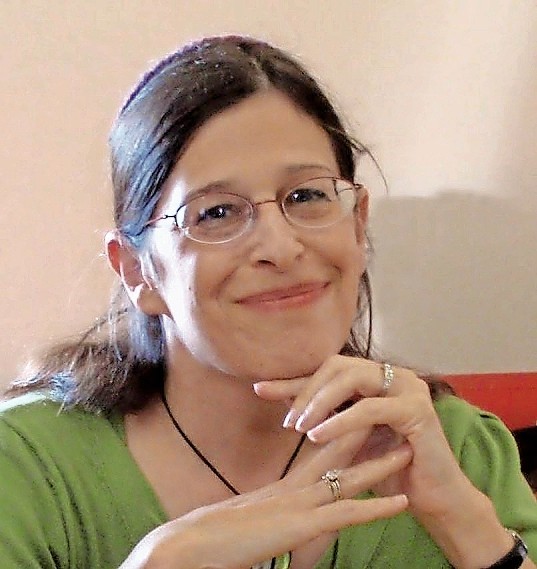Hanukkah message from Rabbi Susan Elkodsi
There’s a saying that “The short explanation of every Jewish holiday is: They tried to kill us, we won, let’s eat!” The festival of Hanukkah is certainly no exception, as it celebrates the Maccabees’ victory over the Seleucid Empire and its king Antiochus, who had outlawed Judaism and erected a statue of Zeus in the Holy Temple.
The Hebrew word “Hanukkah” means “dedication,” and once the Maccabees and their followers successfully recaptured and reclaimed the Temple; they set about restoring and rededicating it. After the cleanup was complete, the menorah, the candelabra which provided light, needed to be lit. Many people are familiar with the story that when the restoration of the Holy Temple had been completed, no oil to light the menorah was found, and it would take eight days to get new oil. Of course, the Jews wanted to renew their worship as soon as possible, and sure enough, a cruse of oil, enough to last just one day, was found. One of the many miracles of Hanukkah, and a reason it’s called “The Festival of Lights,” is that this small amount of oil lasted for the entire eight days.
The dreidel, another symbol of the festival, has the letters nun, gimmel, hey and shin on its sides, an acronym for nes gadol hayah sham, “a great miracle happened there.” Our tradition teaches that the miracles of Hanukkah are too numerous to count; the oil and the small Jewish army defeating the powerful Seleucid army are just two of them.
The fact that Judaism and the Jewish people are still here more than 2,000 years later is testament to not only the many small miracles that led up to the Maccabees’ victory and the rededication of the Holy Temple, but to the miracles that continued to happen and are still happening. The Hebrew word nes, which is translated as “miracle,” doesn’t just mean a supernatural or inexplicable event or occurrence; we witness miracles every day, but because we associate the term “miracle” with something well, miraculous, we often miss them when they happen. There are miracles all around us; in nature, in the way we go about our daily lives beginning with waking up in the morning, and the amazing ways that our bodies and minds operate.
Unlike Rosh Hashanah, when we examine our past actions and deeds and promise to do better in the coming new year, during Hanukkah we have the chance to celebrate what we have. When we light the candles in increasing number each night of the holiday, we join millions of other Jews throughout the world, and even more throughout history, who share a past, a present and a future. May the candles we kindle on Hanukkah bring increasing light into our world. May it illuminate our paths so that we can see the many miracles that happen in our lives, and may we rededicate ourselves every day to creating a world where we, our children, and generations to come can live in peace and harmony.
By Rabbi Susan Elkodsi






